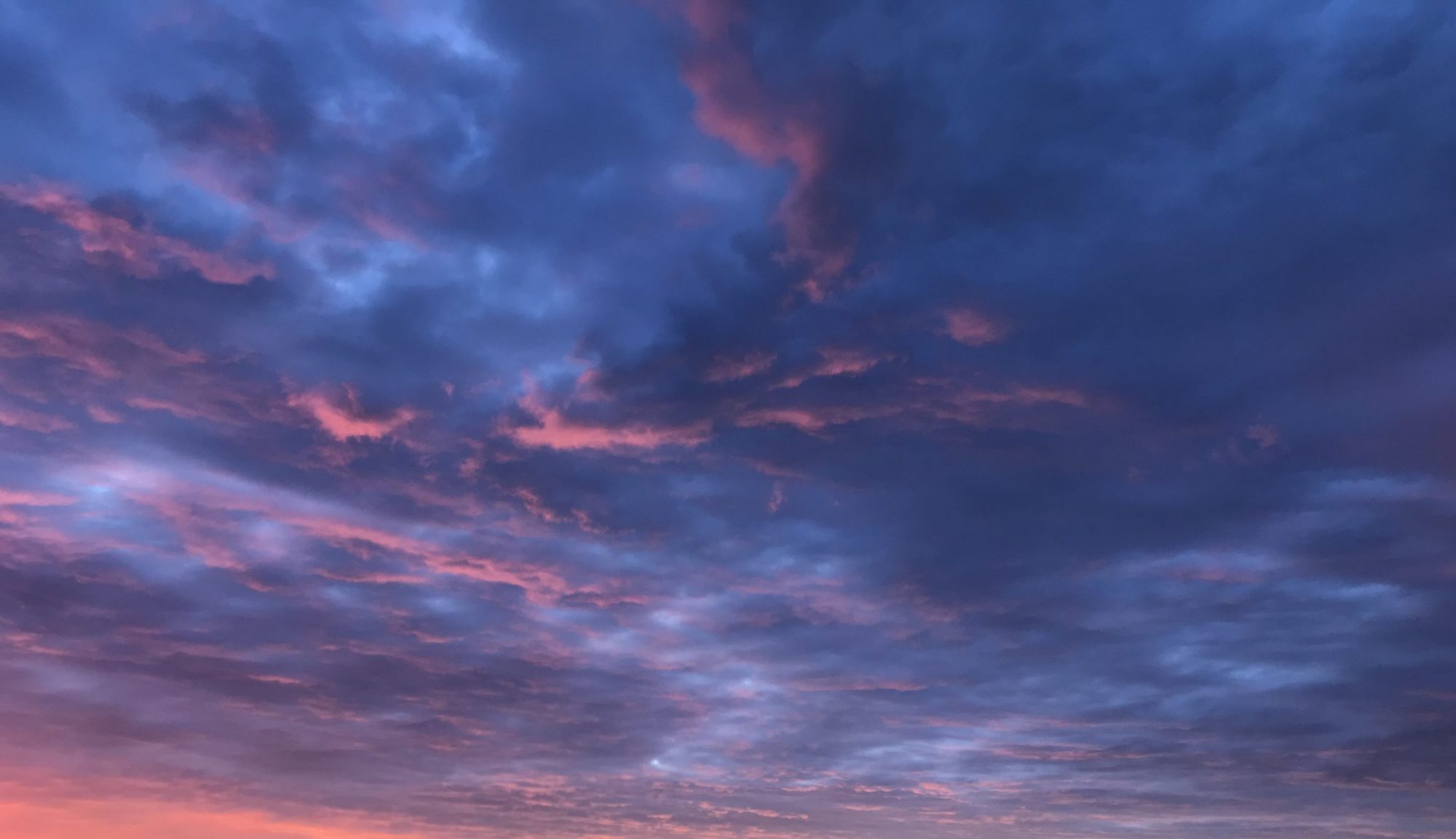Native Americans would appreciate it if the U.S. acknowledged that its national Thanksgiving myth is a myth; that Wampanoag generosity was rewarded with oppression; and that the Wampanoags are STILL fighting for their own land.
I’m sharing an article from Time of the current challenges the Wampanoags face – yes, they still aren’t properly recognized and need their land rights to be respected, which needs to be addressed (hello, Biden Administration) – plus a link to the livestream from the demonstration today.
Tribe Who Fed the Pilgrims Strives for Survival Amid New Epidemic
Many Wampanoag hoped that the 400th anniversary of the Mayflower landing would be a galvanizing event to remind people that they still exist
Information about the National Day of Mourning and details around this event can be found on the page for the United American Indians of New England (UAINE.org). The livestream below has many intersectional values – hello, Palestine and Black Lives Matter! – but also ensures that Native Americans speak for themselves.
Even with the current list of obstacles, the speeches have encouraging solidarity for other groups around the world who have survived colonialism, and emphasis on a need to save the planet and ensure climate justice. The video is 5 hours long, but it includes real time video scenes from the march and other demonstrations – it isn’t all speeches. The pre-recorded portion of the program starts around 2:17, and it is a collection of remote testimonials and videos from many native cultures.
(Aside: one of the speakers from Puerto Rico sent greetings at the end of his speech in the Taíno language, which Wikipedia says is extinct … I recall reading that before, but Wikipedia’s page has a video of a speaker they say is speaking Taíno, and I’m more likely to believe someone speaking it than I am a Wikipedia article based on books from outsiders. While many Google search results insist that both the language and people are extinct, this article, “What became of the Taíno?” in the Smithsonian magazine takes a broader view, and allows people who self-identify as native speak. This touches on the topic of ‘who gets to decide what you are,’ which I think of often as a mixed-race person.)
